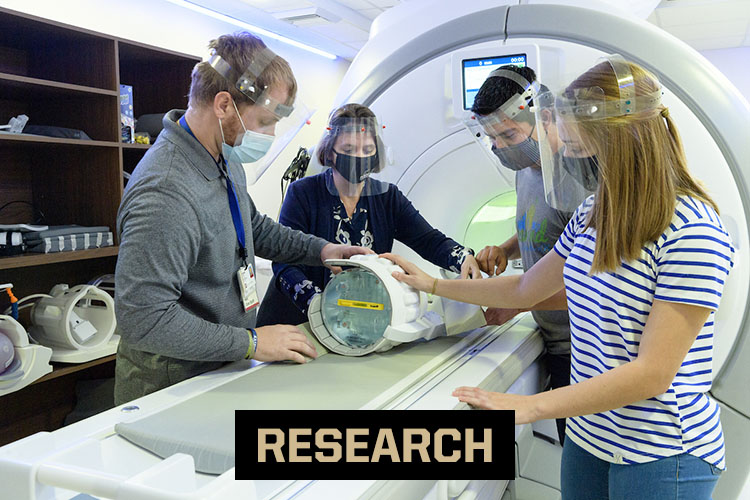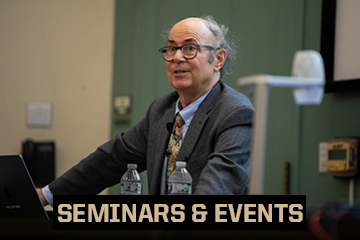News
Purdue physicists provide experimental proof of fundamental theory of topological quantum matter
For over 35 years physicists have tried to confirm a fundamental prediction of quantum condensed matter physics: one-dimensional electron liquids known as chiral Luttinger liquids circulate around the boundaries of fractional quantum Hall states, carrying exotic anyon particles with properties unlike any other known particles in nature. Now, researchers at Purdue University have observed this long-sought behavior, providing the critical piece of experimental proof for a landmark theory of topological quantum matter.
Quantum leap in 2D semiconductors: Purdue team unlocks room-temperature spin qubits in GeS₂
For decades, researchers have searched for materials that can host stable qubits, the building blocks of quantum computers, at room temperature. A team at Purdue University has now demonstrated just that in a two-dimensional semiconductor, opening a new frontier for quantum sensing and computing.
Purdue University named host institution for NASA Hubble Fellowship Program
Purdue University has been officially named a host site for the NASA Hubble Fellowship Program (NHFP), opening the door for top postdoctoral scientists to carry out independent astrophysics research on campus.
Explaining a quantum oddity with 5 atoms
At Purdue University, researchers have completed the immense quantum calculation required to represent the Efimov effect in five atoms, adding to our fragmented picture of the most fundamental nature of matter. Purdue physicist Christopher Greene completed the immense quantum calculations required to represent a quantum effect with five atoms.
MRI technology inspires quantum advancement with 2D materials
Purdue scientist helps develop atomic-scale spectroscopy with ultrathin materials. Quantum researchers at Purdue University are advancing an approach that could improve the resolution of NMR spectroscopy to the atomic scale and may also have applications in developing quantum computing and quantum communications.
All Departmental News



